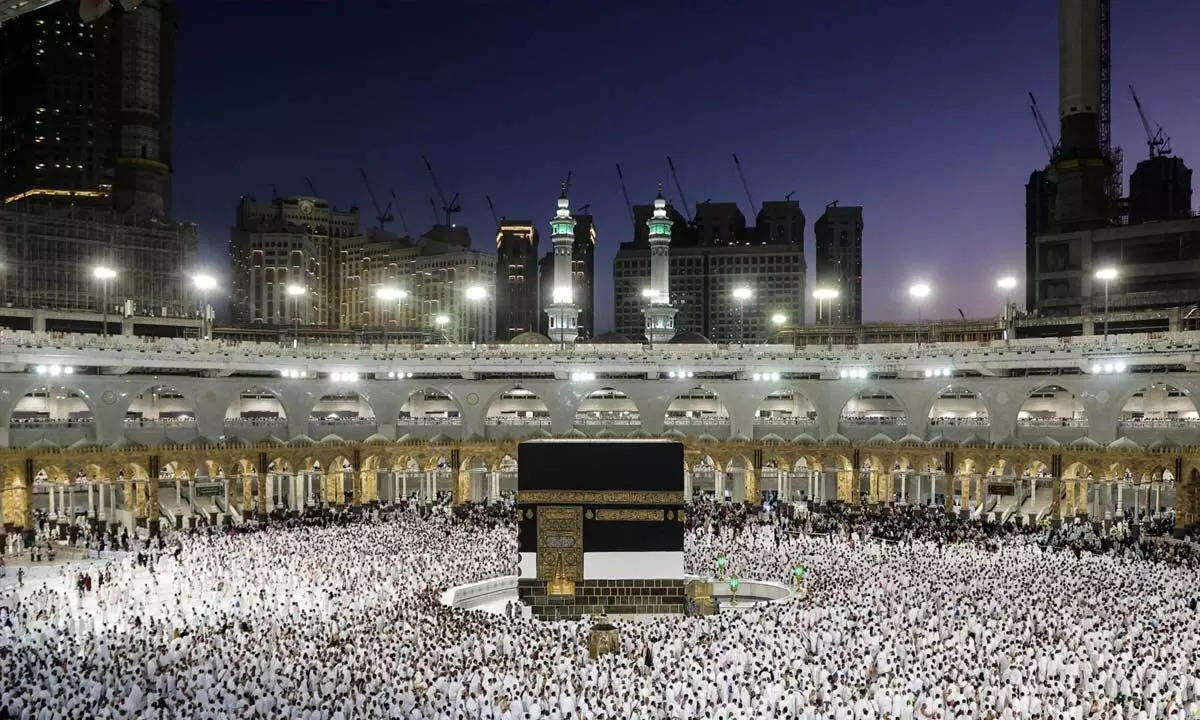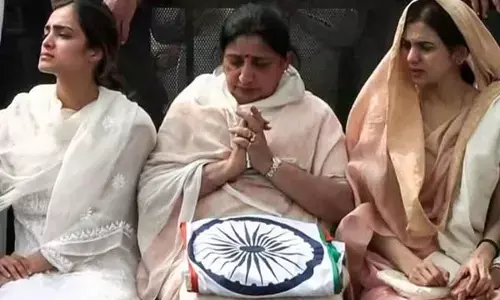Understanding Hajj and Its Importance to Muslims

Once a year, Muslims from around the world converge in Saudi Arabia to participate in a series of sacred rituals and acts of worship known as Hajj.
Once a year, Muslims from around the world converge in Saudi Arabia to participate in a series of sacred rituals and acts of worship known as Hajj. This pilgrimage, one of the Five Pillars of Islam, is not just a religious obligation but also a profound spiritual journey that offers believers the opportunity to seek forgiveness and renew their faith. Here’s an in-depth look at what Hajj entails and its significance to Muslims.
What is Hajj?
Hajj is the yearly Islamic pilgrimage to Mecca in Saudi Arabia. It is a mandatory religious duty for every Muslim who is physically and financially able to undertake it at least once in their lifetime. Some Muslims choose to perform Hajj more than once. Alongside the profession of faith, prayer, almsgiving, and fasting, Hajj is one of the core practices of Islam.
When Does Hajj Take Place?
Hajj occurs annually during the Islamic lunar month of Dhul-Hijja, the 12th and final month of the Islamic calendar. This year, Hajj will be observed in this month.
Why is Hajj Significant to Muslims?
Hajj holds immense spiritual significance for Muslims. It is an opportunity to fulfill a key religious duty and embark on a transformative spiritual experience. Pilgrims view Hajj as a chance to seek God’s forgiveness for past sins, deepen their connection with God, and follow in the footsteps of prophets. The pilgrimage also fosters a sense of unity and equality among Muslims from diverse backgrounds, as they gather to worship in the same place. This communal aspect of Hajj promotes a sense of brotherhood and humility.
Many pilgrims carry with them the prayer requests of family and friends, and for some, the journey to Hajj is the culmination of years of saving and preparation. In 2019, nearly 2.5 million Muslims performed Hajj, but the COVID-19 pandemic disrupted this tradition. Last year marked the first Hajj without COVID-19 restrictions since the pandemic began in 2020.
Preparing for Hajj involves packing essentials for the physically demanding journey, seeking advice from experienced pilgrims, attending educational sessions on Hajj rituals, and spiritually readying oneself for the experience. Pilgrims often face challenging conditions, including intense heat.
What are Some of the Rituals Performed During Hajj?
Pilgrims begin Hajj by making the intention to perform it and entering a state known as “ihram.” In this state, they must follow specific rules and prohibitions. For example, men are not to wear regular stitched clothing; instead, they don simple ihram garments. This practice is meant to discard material luxuries and symbolize humility and devotion to God.
One of the most spiritually significant moments of Hajj is the standing on the plain of Arafat, where pilgrims pray, seek forgiveness, and make supplications. Another key ritual is “tawaf,” the act of circumambulating the Kaaba in Mecca seven times counterclockwise. The Kaaba is regarded as the metaphorical house of God and the focal point towards which Muslims pray.
Additionally, pilgrims reenact the path of Hagar, the wife of Prophet Ibrahim, by running between two hills seven times in search of water. Among other rituals, pilgrims also perform the symbolic stoning of the devil by throwing pebbles.
What is Eid al-Adha?
Eid al-Adha, or the “Feast of Sacrifice,” is an Islamic holiday that begins on the 10th day of Dhul-Hijja during Hajj. It commemorates Prophet Ibrahim’s willingness to sacrifice his son as an act of obedience to God. Muslims around the world celebrate Eid al-Adha by slaughtering sheep or cattle and distributing the meat to the needy, symbolizing charity and the spirit of sacrifice.
This annual pilgrimage and the associated rituals hold profound religious, spiritual, and communal significance for Muslims globally, uniting them in faith and practice.

















